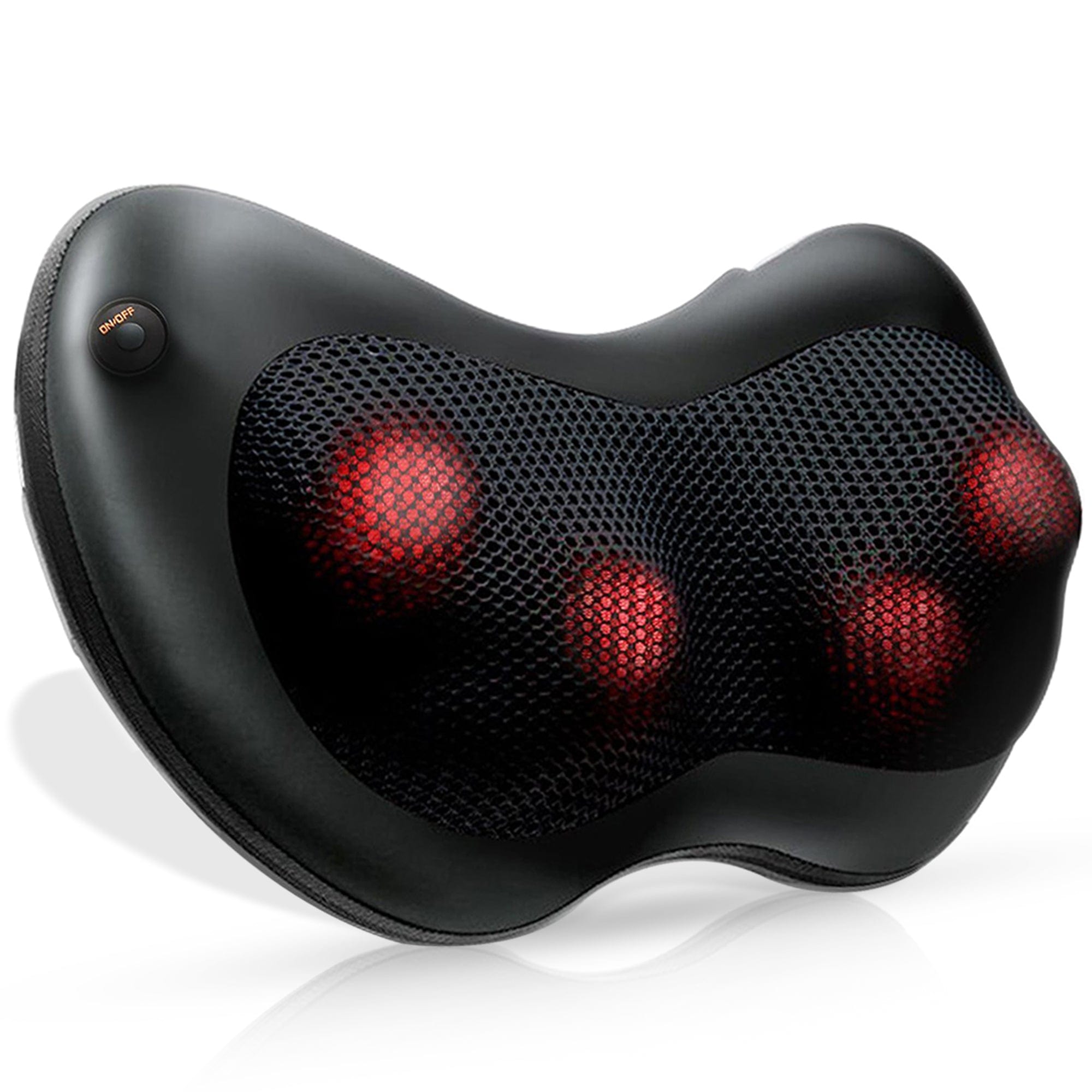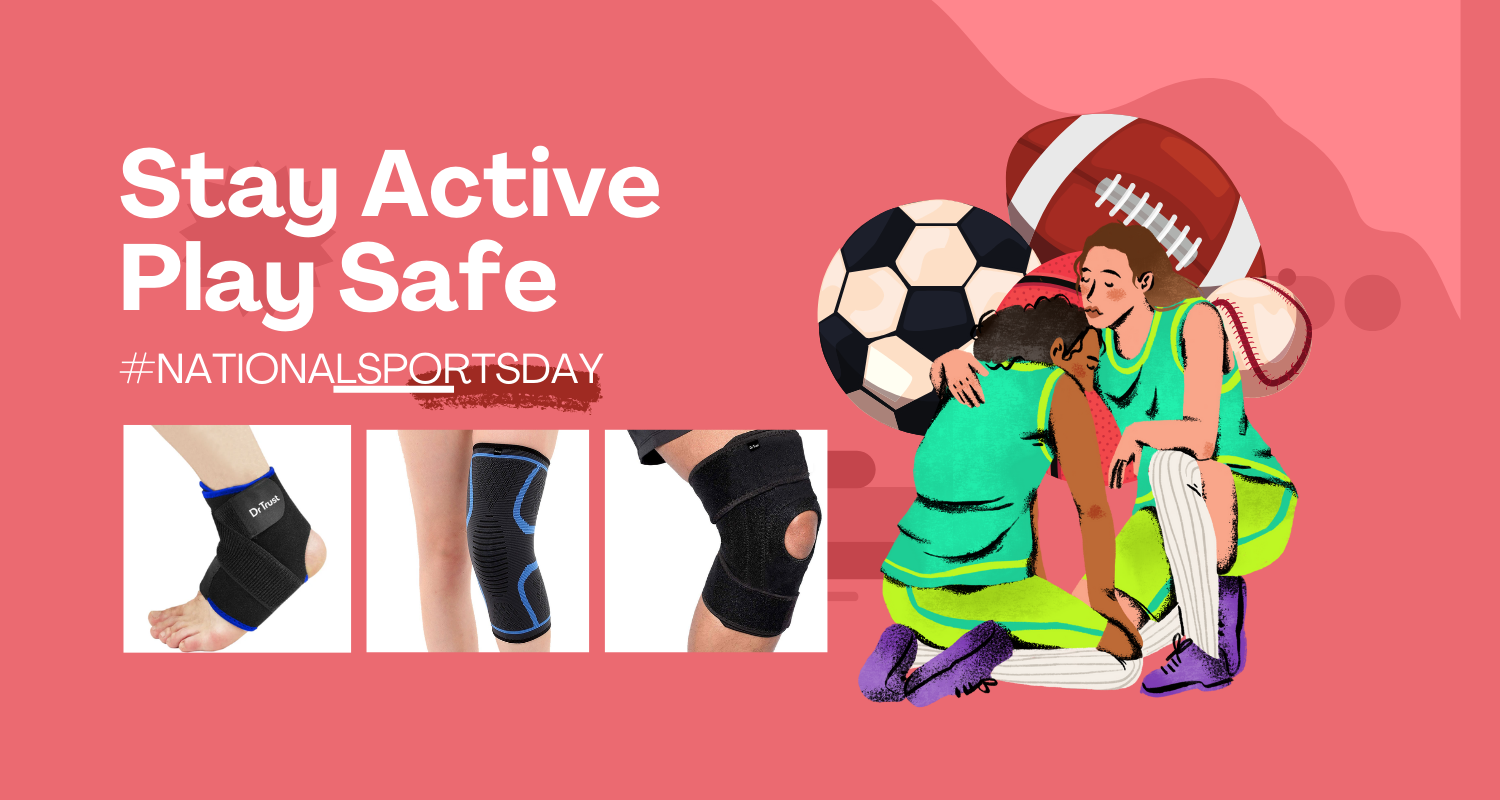Did You Know?
The WHO has declared monkeypox a public health emergency of international concern for the second time.
Monkeypox, also known as Mpox, is a rare but potentially serious viral disease that has recently garnered global attention due to its rapid spread across multiple countries. Initially discovered in 1958 when two outbreaks occurred in monkeys kept for research, the virus primarily circulated in Central and West Africa. However, recent outbreaks have signaled a shift, with cases being reported in regions far beyond its historical reach. The World Health Organization (WHO) has twice declared monkeypox a Public Health Emergency of International Concern, underscoring the seriousness of this disease.
Did You Know?
The virus has significantly impacted the Democratic Republic of the Congo and is spreading across an increasing number of countries in Africa.
The Global Spread Raised Alarm
The current outbreak of monkeypox has raised alarm bells worldwide, with over 17,000 cases reported, mainly from the Democratic Republic of Congo (DRC) and other parts of Africa. The virus has also been detected in countries like Sweden and Pakistan, highlighting its potential to spread internationally. In response, the Indian government has ramped up surveillance, particularly at international airports and border crossings. Three hospitals in New Delhi—Ram Manohar Lohia Hospital, Safdarjung Hospital, and Lady Hardinge Medical College—have been designated as nodal centers for the isolation and treatment of monkeypox patients. State governments have also been directed to prepare hospitals for potential cases.
Did You Know?
Since 2022, there have been at least 99,176 cases and 208 deaths reported across 116 countries, according to WHO data.
Current Health Guidelines
Governments worldwide have issued various guidelines to curb the spread of monkeypox. These include practicing good hygiene, wearing masks, and avoiding close contact with infected individuals. In India, AIIMS Delhi has issued an advisory for managing suspected monkeypox patients, including screening for fever, rash, or recent contact with confirmed cases. The WHO also recommends isolating infected individuals until all symptoms, particularly respiratory ones, have subsided, and all skin lesions have completely healed.
Recognizing Monkeypox Symptoms
Monkeypox symptoms typically appear 5 to 21 days after exposure and can include fever, rash, swollen lymph nodes, and muscle aches. The rash often begins on the face before spreading to other parts of the body, eventually turning into painful, pus-filled blisters. It's crucial to be vigilant about these symptoms, especially if you've had contact with someone diagnosed with monkeypox or have recently traveled to an affected area.
Isolation: The First Step to Preventing Spread
If you suspect that you have monkeypox, the first step is to isolate yourself immediately. Isolation helps prevent the virus from spreading to others. During isolation, health monitoring devices such as digital thermometers and pulse oximeters can be invaluable for tracking your symptoms. Regularly monitoring your temperature, oxygen levels, and heart rate will help you and your healthcare provider manage your condition more effectively.
Health Monitoring: A Critical Component of Monkeypox Care
Monitoring your health during a monkeypox infection is crucial for effective management. Health monitoring devices can help track your vital signs, ensuring that any changes are detected early. Here are some key devices to consider:
- Digital Thermometers: Regularly monitor your temperature to detect any sudden increases in fever, a common symptom of monkeypox.
- Pulse Oximeters: Keep an eye on your oxygen levels to ensure your respiratory system stays within a healthy range, particularly crucial if respiratory symptoms develop.
- Blood Pressure Monitors: Track your blood pressure closely, especially if you're on medication. Accurate monitoring can prevent complications and ensure your treatment is effective.
- Smart Scales: Maintain a healthy weight and body composition during recovery. Smart scales can help you monitor the impact of your diet and exercise on your overall health.
Utilizing certified health monitoring devices ensures accurate tracking of vital signs, enabling early detection of any concerning changes. Dr Trust devices are reliable, certified tools designed for precision, making them indispensable in managing your health during a monkeypox infection.
Taking Care: Hygiene, Diet, and Medication
Caring for yourself during a monkeypox infection involves more than just isolation. Here are some essential care tips:
Practice Good Hygiene: Wash your hands frequently and use hand sanitizer with at least 60% alcohol. This reduces the risk of spreading the virus through contact.
Use Personal Protective Equipment (PPE): If you're caring for someone with monkeypox, wear gloves, a mask, and eye protection. Regularly monitor their vital signs using health devices.
Maintain a Healthy Diet: Support your immune system with a balanced diet rich in fruits, vegetables, and proteins. Use a smart scale to monitor your weight and ensure you're getting the nutrients you need.
Take Prescribed Medications: Follow your doctor’s instructions carefully, and use health monitoring devices to track your progress.
Vaccination and Future Outlook
Currently, there is no definitive vaccine for monkeypox. However, the Serum Institute of India (SII) is developing a new mRNA vaccine in collaboration with Novavax, which could be available within a year. In the meantime, symptomatic treatment remains the primary approach to managing monkeypox. This includes alleviating symptoms and preventing complications through vigilant health monitoring and care.
FAQs
- What are the early symptoms of monkeypox?
Early symptoms include fever, headache, muscle aches, swollen lymph nodes, and a distinctive rash that usually begins on the face.
- How does monkeypox spread?
Monkeypox spreads through close contact with an infected person's sores, scabs, respiratory droplets, or bodily fluids. It can also spread through contaminated objects.
- Is there a vaccine for monkeypox?
As of now, there is no definitive vaccine, but efforts are underway to develop one.
- What should I do if I suspect I have monkeypox?
Isolate yourself immediately, monitor your symptoms using health devices, and seek medical advice.
Did You Know?
A new strain of monkeypox with sexually transmissible characteristics has emerged, raising concerns about its spread and impact.
Stay Informed and Protected with Dr Trust
Monkeypox is a serious global health concern, but with the right precautions and reliable health monitoring, you can safeguard yourself and your loved ones. Stay informed, follow government guidelines, and utilize Dr Trust health monitoring devices designed for easy use and precise at-home tracking. By using these devices to monitor your symptoms, you'll be better equipped to manage your health effectively during this outbreak.















